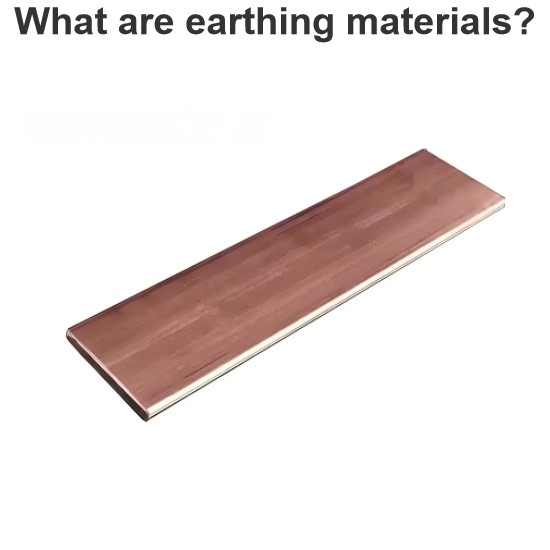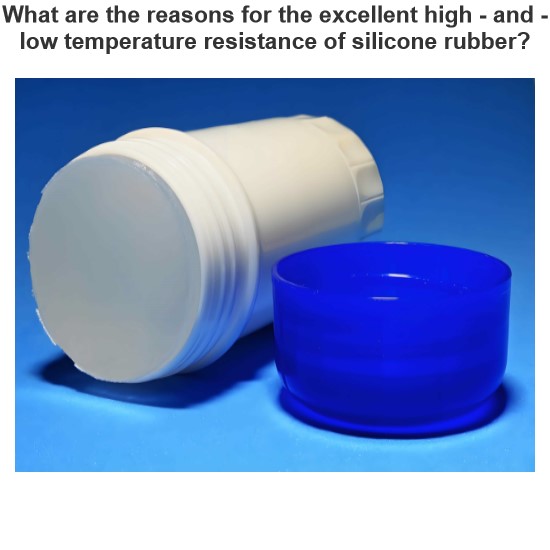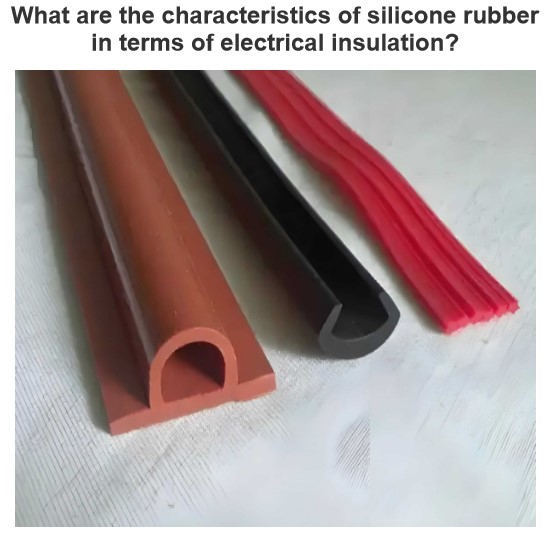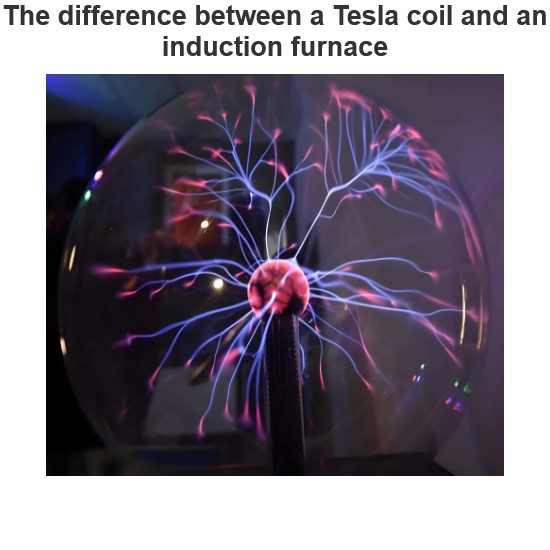Electrical And Electronics Engineering Materials
Materials are the part of our life and daily works since ancient time. Materials are the primary part of all things surrounding us. In fact some materials have given the name to various ages in human history i.e. Stone Age, Bronze Age, Iron Age, Synthetic Materials Age, Smart Materials Age. The study of these materials is called the Material Science.
Material science is associated with the study of composition, structure, characterization, processing, properties, application and performance of various Engineering materials.
In modern scientific age, many technologies have already been developed and many more are under continuously development to make the human life easy to live and comfortable.
The existence of such technologies basically depends on the availability of suitable materials. The performance and quality of each and every engineering product is primarily governed by the material used to manufacture the product.
Hence engineering materials play an important role in development and success of all engineering technologies. For a more indepth discussion of electrical engineering materials and other fundamental electrical concepts, we would recommend looking at some of the best books for electrical engineers.
Engineering Materials
The materials used for manufacturing of engineering products are called engineering materials. These engineering materials are the back bone of all engineering products. The design, manufacturing, commercialization and performance of any engineering product basically depends on the material being used for that product i.e. semiconducting materials are the base of all electronics devices. Similarly the existence of Electrical engineering machines and equipment completely depends on conducting, insulating and magnetic materials.
In view of the above to become a successful engineering in any engineering field, we should have the knowledge of engineering materials of respective field. The research and development of new engineering material is a continuous process. Many institutions and laboratories are continuously working on development of new materials to cope up with the continuous changing demands of industries.
As a result, new emerging materials such as smart materials, high-performance materials and intelligent materials are continuously coming into picture. These new advance materials have a great effect on modern age of technology.
Presently the research and development of new materials, to meet the engineering requirement is also considering the effect of these materials on our environment. i.e. the radioactive material are very useful for nuclear energy. But the radioactivity due to these materials have the very adverse effect on our environment. Hence, to make these radioactive materials environment friendly, we have to make necessary arrangements to stop the radioactivity by these radioactive materials.
Classification of Engineering Materials
These engineering materials can be classified based on the branch of engineering as below-
Mechanical Engineering materials – i.e. Iron, Steel etc.
Electrical Engineering materials –i.e. Conductors, Semiconductors, Insulators, Magnetic materials etc.
Civil Engineering materials – i.e. Cements, Iron, Stones, Sans etc.
Electronic engineering – i.e. Semiconducting materials
Electrical Engineering Materials
To be a successful Electrical Engineer, we should have a deep knowledge of Electrical Engineering materials. Electrical Engineering material science is associated with the study of composition, structure, characterization, processing, properties, application and performance of electrical engineering materials. The existence and success of any electrical machine or equipment depends on the availability of suitable electrical engineering materials such as conductors, insulators and magnetic materials etc.
Hence, before designing any electrical machine, we should have good knowledge of properties and applications of electrical engineering materials. The performance of any electrical equipment is completely governed by the quality of material used for that equipment. Therefore, to design a good and successful electrical equipment, we should also have the knowledge of factors governing the quality of engineering materials.
Based on the properties and applications the electrical engineering materials can be categorized as below-
Conductors – i.e. Silver, Copper, Gold, Aluminum etc.
Semiconductors – i.e. Germanium, Silicon, GaAs etc.
Insulators – Plastics, Rubbers, Mica, Insulating Papers etc.
Magnetic materials – Iron, Silicon steel, Alnico, ferrites etc.
Statement: Respect the original, good articles worth sharing, if there is infringement please contact delete.
Electrical4U is dedicated to the teaching and sharing of all things related to electrical and electronics engineering.













